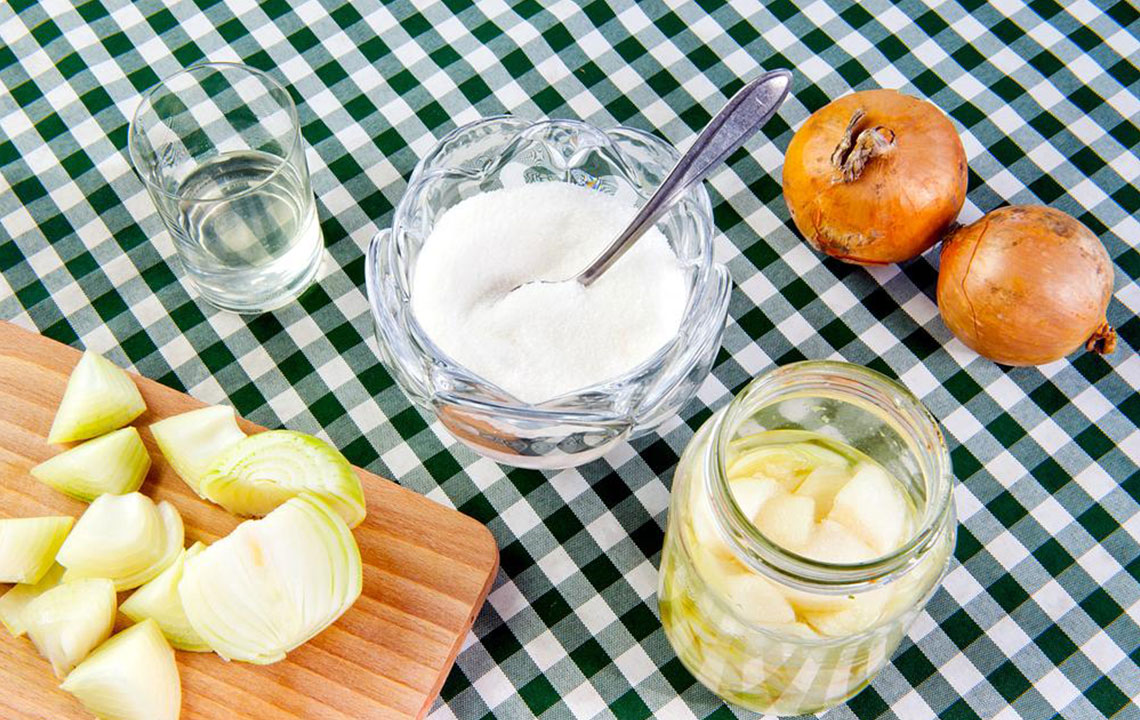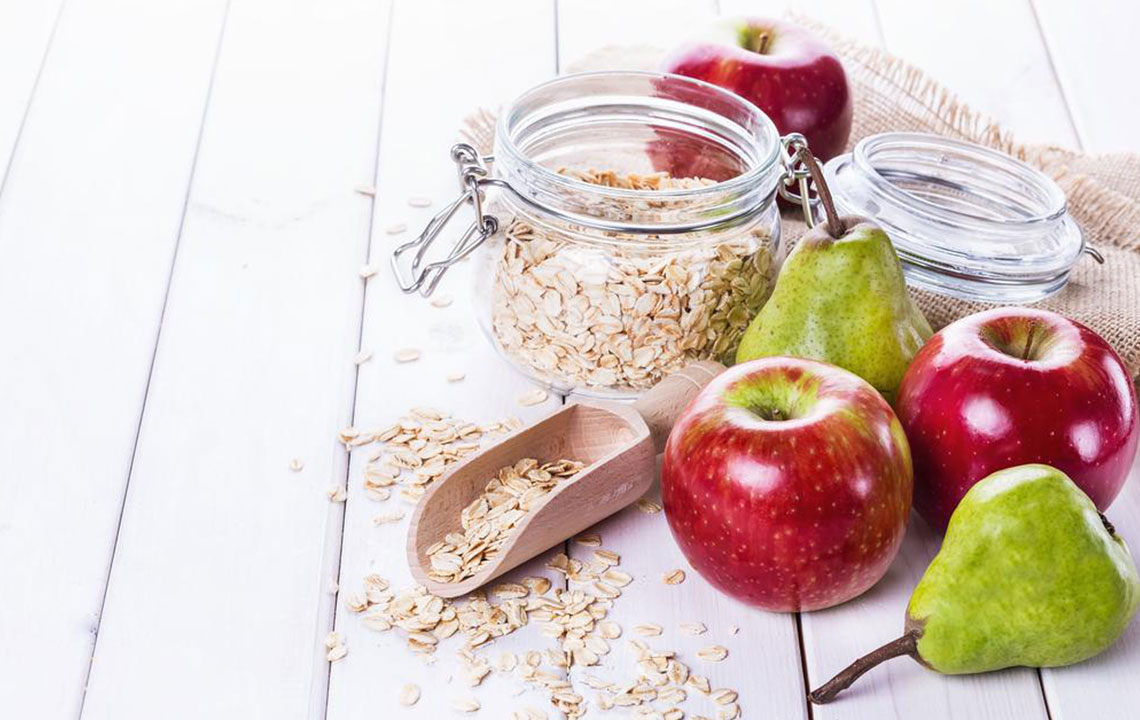Effective Strategies for Managing Severe Constipation
Learn effective strategies to manage severe constipation through hydration, fiber intake, exercise, probiotic foods, and medical guidance. This comprehensive guide offers practical tips to alleviate discomfort and restore healthy bowel movements safely and efficiently.

Effective Strategies for Managing Severe Constipation
Constipation is a widespread issue that can result from dietary choices, medications, or lifestyle habits. It is characterized by fewer than three bowel movements weekly, often accompanied by discomfort, abdominal pain, bloating, and difficult stool passage. Severe constipation can significantly disrupt daily activities and cause considerable frustration. Fortunately, several methods can alleviate this condition.
Stay Hydrated
Dehydration is a common cause of constipation. Drinking ample amounts of water, especially sparkling water, can be highly effective. Studies suggest sparkling water may be more beneficial than tap water for relieving constipation. Avoid sugary carbonated drinks like soda, as they can worsen the condition. Proper hydration is essential for overall health and alleviating constipation symptoms.
Increase Dietary Fiber
Consuming fiber-rich foods is crucial when combating constipation. Fiber enhances stool bulk and makes bowel movements easier. Insoluble fibers from vegetables, whole grains, and wheat bran add bulk, while soluble fibers from nuts, lentils, and beans soften stool. A balanced intake of both types can effectively manage severe constipation.
Engage in Regular Exercise
Physical activity may not directly cure constipation but can help reduce symptoms. Activities like walking, jogging, and yoga improve circulation and promote overall well-being. Maintaining an active lifestyle facilitates healthier bowel movements and eases associated discomforts.
Coffee as a Remedy
Coffee stimulates the urge to defecate and can mimic the effect of a meal on the digestive system. It is a simple yet often overlooked remedy for severe constipation. Coffee contains small amounts of soluble fibers that help balance gut bacteria, promoting regularity.
Consume Probiotic Foods
Foods rich in probiotics can restore gut bacteria balance, which is often disrupted in chronic constipation. They produce lactic acid, helping stool passage become easier. Increased bowel movement frequency may be observed after regular probiotic intake, either through foods or supplements over a period of four weeks.
Eat Prunes
Prunes and prune juice are traditional natural remedies for constipation. They contain laxative sorbitol and fibers that improve stool consistency better than fibers alone. Incorporating about 50 grams of prunes twice a day can be beneficial.
Limit Dairy Intake
Dairy consumption can contribute to constipation, especially for those with lactose intolerance. Temporarily avoiding dairy and replacing it with calcium-rich alternatives can help improve bowel movements. Always monitor for improvements and maintain nutritional balance.
Use Laxatives Responsibly
Over-the-counter or prescribed laxatives, such as stool softeners or osmotic agents, may be necessary for severe cases. It is essential to consult a healthcare professional before use, as improper usage can cause harm. Proper guidance ensures safe and effective relief from chronic constipation.
In conclusion, addressing severe constipation requires a combination of hydration, diet modification, physical activity, and appropriate medical support. Patience and professional consultation are vital in managing this condition effectively. Avoid self-medicating to prevent potential complications.










